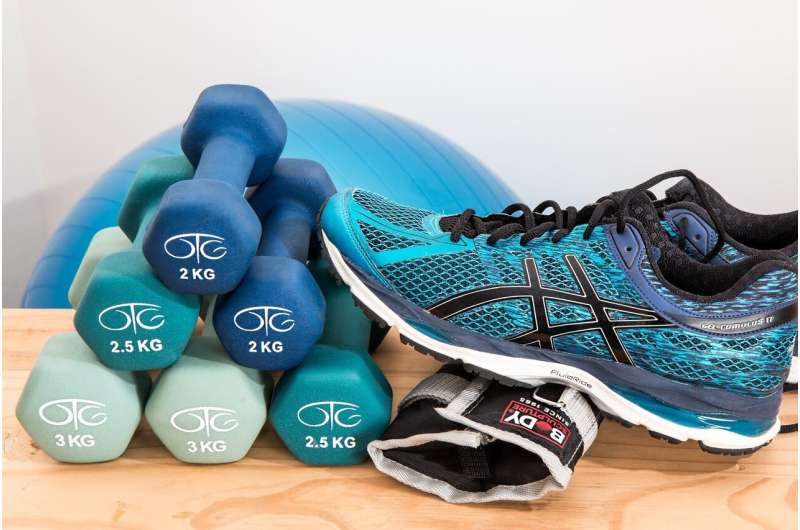Every Type of Exercise Benefits Older Adults' Health, New Study Finds

A comprehensive study reveals that all forms of physical activity, even light exercises and reduced sitting time, significantly improve health outcomes for older adults, lowering disease risk and promoting healthier aging.
Recent research highlights the importance of physical activity for older adults, emphasizing that all forms of exercise contribute positively to health regardless of the duration or intensity. A study published in The Journal of Nutrition, Health and Aging investigated how different levels of activity impact health outcomes in seniors.
The study involved 871 participants aged 65 to 79 from Italy, the Netherlands, Poland, and the United Kingdom. Researchers categorized individuals into two groups: those who met the recommended 2.5 hours of weekly moderate-to-vigorous activity and those who did not, thus considered physically inactive. Activity levels were objectively measured using activity trackers, which provided reliable data compared to self-reported exercise routines.
Throughout the study, participants maintained dietary diaries and provided blood samples, which were analyzed for biomarkers associated with metabolic syndrome—a cluster of conditions like high blood pressure, elevated blood fats, blood sugar resistance, and insulin issues that increase disease risk.
Findings revealed that older adults who were sedentary for less than 8.3 hours daily had significantly lower risks of metabolic syndrome, regardless of their physical activity levels or diet. Interestingly, even those who did not meet exercise guidelines benefited from reduced sedentariness, underscoring that light activities and minimizing sitting time can significantly improve health.
The research concluded that the best health outcomes were observed in individuals who combined regular physical activity—over 2.5 hours weekly—with minimal sedentary behavior. This underscores that all movement, from light daily activities to structured exercise, plays a vital role in maintaining health among older adults.
These insights reinforce the message that seniors should be encouraged to stay active in their daily routines, even if they cannot engage in intense workouts. Reducing sedentary time appears to be a simple yet effective way to lower disease risks and promote healthier aging.
This study was conducted by Andreas Nilsson and colleagues at Örebro University, with data contributing to our understanding of aging, activity, and health outcomes.
Source: https://medicalxpress.com/news/2025-05-important-health-older-adults.html
Stay Updated with Mia's Feed
Get the latest health & wellness insights delivered straight to your inbox.
Related Articles
Enhancing Running Performance Through Focused Visual Attention
Discover how focusing on a narrow visual point, such as the finish line, can help runners boost effort, increase speed, and improve overall performance through a simple mental strategy.
The Importance of Physical Activity for Individuals with Rheumatic and Musculoskeletal Diseases
Discover how tailored physical activity can significantly improve health outcomes for individuals with rheumatic and musculoskeletal diseases through the latest research and recommendations from EULAR.
New Research Reveals How Exercise Shields the Brain from Alzheimer’s Disease
Discover how regular physical activity can protect your brain from Alzheimer’s disease by influencing key cellular processes, according to recent groundbreaking research.
Regular Physical Activity in Adulthood Can Help Extend Lifespan
Consistent physical activity during adulthood is linked to a 30-40% lower risk of death, emphasizing that it's never too late to start and offering significant health benefits for longevity.



